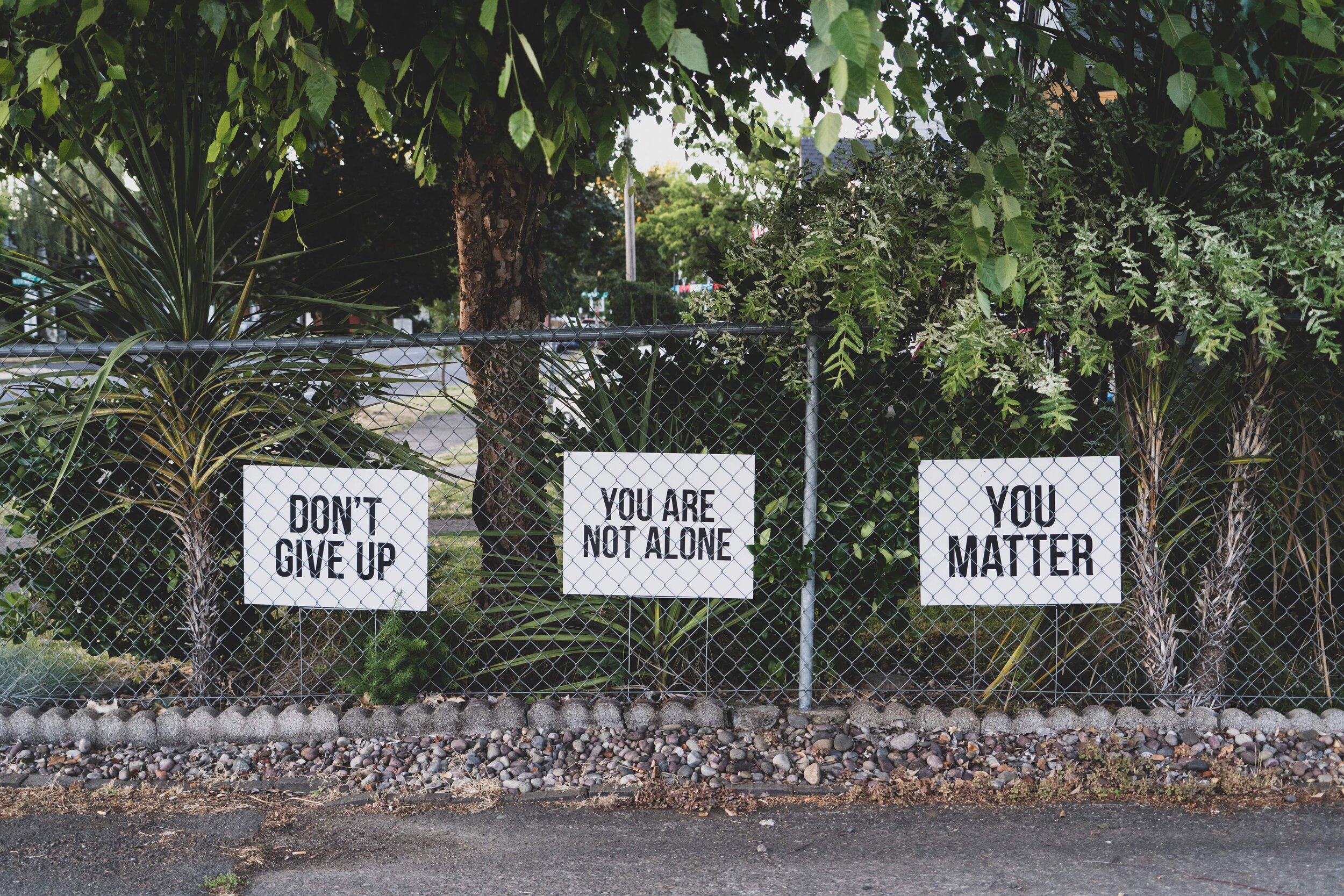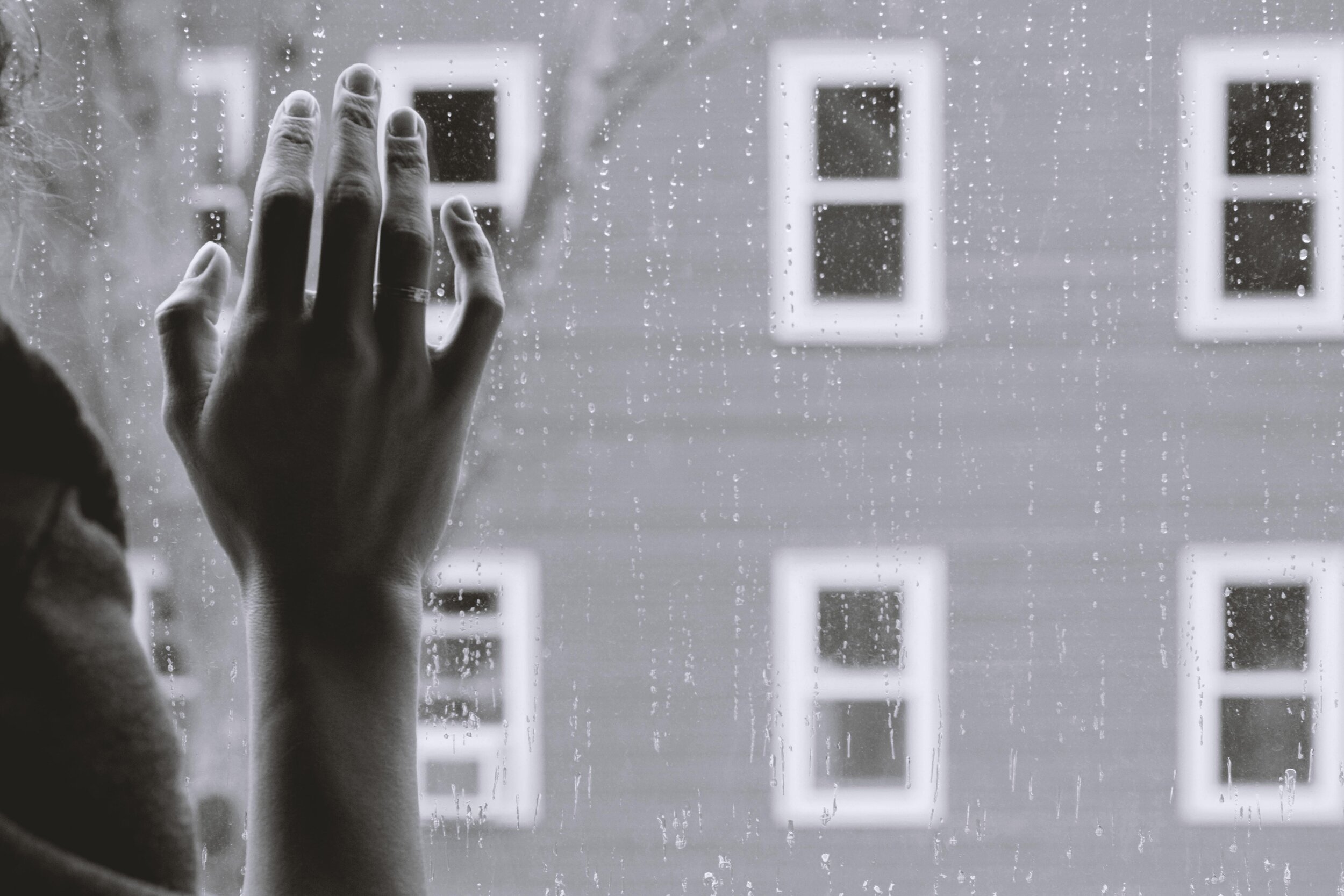
Blog
College Students in Recovery: How to Fight Relapse
Everyone knows the college stereotypes surrounding binge drinking, partying, and even drug use. Unfortunately, many of those stereotypes are in place for a reason.
How the Pandemic Impacted Substance Abuse in College Students
The COVID-19 pandemic has impacted nearly everyone in some way over the last year and a half. However, when most people think about the impact it’s had, things like job losses and loved ones with health conditions come to mind.
The Risk of Relapse is Real, Especially Among College Students
For someone who has struggled with substance abuse and addiction, there is no better feeling in the world than getting through treatment, getting sober, and living a clean and healthy lifestyle.
Anxiety is Common in College Students, Here’s How to Help
College is often one of the most exciting and life-changing experiences someone can go through. Of course, as a parent, you deal with a variety of emotions when it comes to sending your teen off to school on their own.
When the College Lifestyle Goes Beyond Partying
There are plenty of stereotypes that tend to go along with the college lifestyle. When it pops into your head, what’s the first thing you think about? For many people, it’s late-night parties. From depictions on-screen to things you might have experienced in your own life, there’s no question that college parties can involve a lot of alcohol. Sometimes, they go beyond that and even involve drugs.
Substance Abuse Among College Students: How Common is it?
When you think about some of the stereotypes that go along with college, alcohol consumption undoubtedly comes to mind. But those thoughts shouldn’t be considered the “norm” without also thinking about the adverse effects of excess drinking.
Understanding Alcohol Abuse: Psychology, Symptoms, and Treatments
It’s easy for some people to assume they know the “ins and outs” of alcohol abuse. Unfortunately, that kind of thinking often leads to stigmas and stereotypes. As a result, people who are struggling go without treatment or may not even admit they have a problem. That’s why it’s so important for everyone to educate themselves.
EMDR Therapy 101: What it is and How it Works
EMDR stands for Eye Movement Desensitization and Reprocessing. It’s a type of therapy that's gaining a lot of traction in the mental health industry – and for good reason! While EMDR isn’t yet as popular as CBT or other types of talk therapy, the reason it’s becoming so prominent is that it’s so unique. Rather than focusing on speech to work things through, it focuses on eye movements and a “reprocessing” of the brain.
Trauma Lives in the Body. Here’s How it Can Affect You
When most people think of the effects of trauma, their thoughts go to the mental struggles. That’s valid and not something to take lightly. Trauma can certainly create feelings of anxiety, depression, and even PTSD. But, in reality, trauma lives in the body and can lead to a wide rand of physical problems that last for years when not properly treated.
How ACES and EDMR Can Help Trauma and Addiction Recovery
Since trauma and addiction are such common issues, it only makes sense that multiple therapies and treatment options exist for both. But not everyone responds to them in the same way. Some people prefer—and sometimes need—a more unique, innovative approach to recovery.
Understanding the Stages of Substance Abuse Recovery
You’ve probably heard of the stages of grief before, but have you ever heard of the stages of substance abuse recovery? Breaking something like recovery down into stages can help someone going through it feel more at ease. Stages are more manageable than one sweeping strategy. Plus, you’ll be able to track your progress and see how far you’ve come.
How Exercise Can Make You More Mindful and Less Anxious
Almost everyone understands the physical benefits of exercising. It’s good for your cardiovascular health, it’s great for weight management, and it can lower your risk of developing various health conditions. But exercise has incredible mental health benefits, too.
How Developing Coping Skills Can Help Prevent a Relapse
When you’ve overcome an addiction, you already understand the work and dedication that goes into recovery. That effort can’t end once you’ve completed a treatment program, or even if you’ve been completely clean for months—or years.
Trauma and Addiction: What You Need to Know
Trauma has many adverse effects and symptoms. Some can occur right away. Others take years to expose themselves. In many cases, you may not realize the struggles you’re going through are the effects of trauma, whether from childhood or more recently.
5 Mindfulness Techniques That Will Ease Anxiety
Anxiety is one of the most common mental health conditions across the globe. People can be triggered by different things and exhibit a variety of symptoms. Unfortunately, anxiety typically doesn’t just “go away” on its own.
How You Can Prevent a Relapse: Understanding the Warning Signs
After you’ve gone through addiction recovery and treatment, it’s easy to feel like a new person—for a while. So many people who struggled with substance abuse or addiction in the past experience at least one relapse in their lifetimes, if not more.
The Hidden Realities of Alcohol and Substance Abuse
Alcohol and substance abuse are bigger problems in our country than most people realize. Unfortunately, for many, the issue has become even worse in light of the COVID-19 pandemic.
One of the biggest problems associated with substance abuse is assuming you know all of the signs, symptoms, and issues it can cause.
5 Signs That Codependency Is Crippling Your Relationship
Since it was coined in the 1950s, the term "codependency" has been connected with substance abuse. It referred to the partners and family members of those struggling with addiction.
Understanding Your Brain: How Alcohol Misuse Can Lead to Addiction
Addiction is one of the most misunderstood topics in the realm of health and psychology.
For example, despite incredible progress made in studying the concept, alcoholism is often reduced to a series of clichés and stereotypes. It is used as a common comedy trope. Some see the alcoholic as having made a choice to seek out such problems. And then, you have the group that downplays the addictive properties of alcohol.
The Desire to Escape Behind Dissociation and Trauma – How to Find Relief
The past may be home to traumatic experiences that continue to impact you. If so, you are far from alone. Seven out of ten Americans have experienced a traumatic event at one point in their lives. And some 90 percent of people seeking mental health treatment have undergone some form of trauma. Many of these folks struggle with post-traumatic stress disorder (PTSD).




















